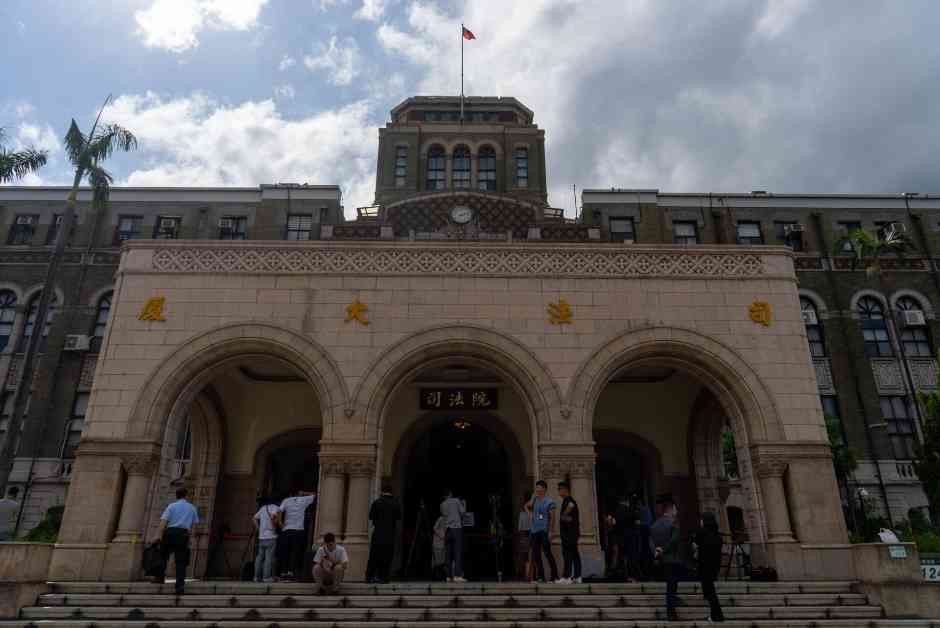Taiwan to Impose Death Penalty in Limited Special Cases
Taiwan, a democratic country, has recently carried out executions on 35 prisoners since the abolishment of the death penalty in 2009. The most recent case involved a 53-year-old man who was found guilty of setting his family on fire, resulting in their deaths in April 2019.
Controversy Surrounding the Death Penalty
There has been a long-standing debate in Taiwan regarding the use of the death penalty, particularly concerning the method of execution. Advocacy groups have criticized the practice of shooting prisoners in the heart from behind while they are lying face down, deeming it inhumane. This particular case has sparked discussions on the ethics of capital punishment and has brought it under judicial review.
President of the Judicial Yuan, Su Li, emphasized the severity of the death penalty, stating that it is the ultimate punishment that should be reserved for special cases and exceptions. While the right to life is protected under Taiwan’s constitution, the judicial system ensures that the application of the death penalty follows strict guidelines and is subject to thorough scrutiny.
Legal Framework and Public Opinion
Taiwan’s criminal code includes approximately 50 offenses that warrant the death penalty, with executions carried out without prior notification once all legal procedures are completed. Despite international criticism, the death penalty remains popular among the Taiwanese population, with a recent survey by the Chinese Human Rights Association showing that 80% of respondents support retaining capital punishment.
However, there are dissenting voices within Taiwan, particularly from legal experts and human rights organizations, calling for the abolition of the death penalty. They argue that the practice does not deter crime and goes against the values of respecting human life.
Reform and Progress
While Taiwan has made significant strides in legal reforms, such as legalizing same-sex marriage in 2019, the issue of the death penalty remains a contentious topic. Critics point out that the concept of retribution through death reflects an outdated form of justice prevalent in ancient Chinese society, focusing on avenging the deaths of family members rather than rehabilitation or justice.
Experts in criminology like Jimmy Su believe that Taiwan still grapples with traditional notions of justice, where revenge plays a central role in societal norms. Despite efforts to modernize and align with international standards, there are lingering influences from the past that shape Taiwan’s approach to capital punishment.
In conclusion, Taiwan’s decision to impose the death penalty in limited special cases reflects a complex intersection of legal, cultural, and ethical considerations. While the country continues to navigate these complexities, the debate on the death penalty underscores the importance of upholding human rights, justice, and the rule of law in a modern society.




















